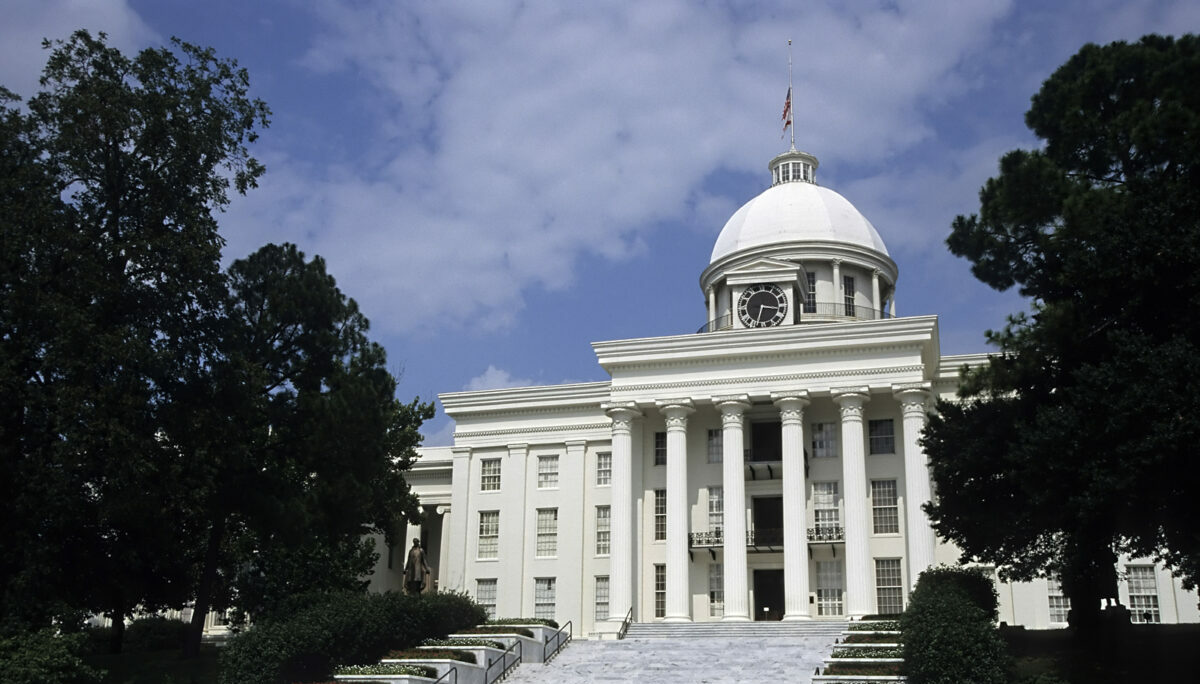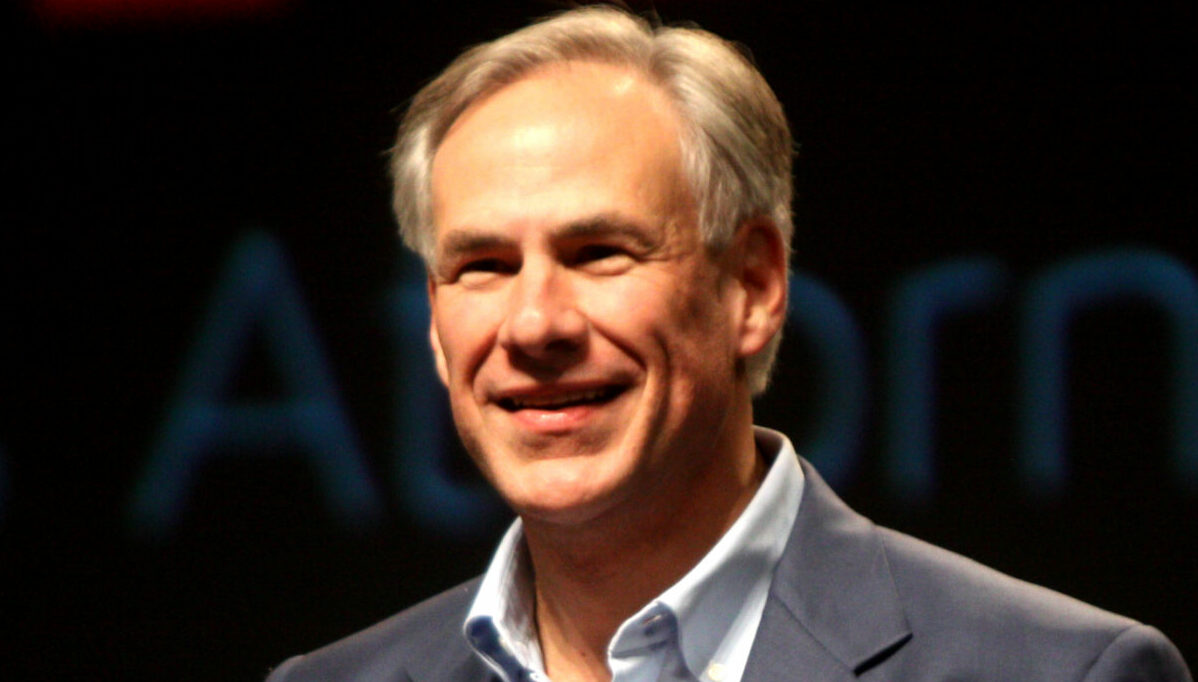
Alabama Becomes the 11th State to Enact Universal School Choice
In a striking victory for educational freedom, Alabama has joined the ranks of states championing school choice, underscoring the unyielding resolve of conservative leadership to prioritize the academic welfare of its youngest citizens. Governor Kay Ivey’s pen has unleashed a new era of educational opportunity, making Alabama the eleventh state to embrace universal school choice. This groundbreaking move marks a significant stride toward dismantling the monopolistic stronghold of public education and heralds a brighter, more diverse future for schooling options in the Yellowhammer State.
The passage of the CHOOSE Act is not merely legislative action; it is a resounding declaration that Alabama values the principle of parental choice and recognizes the inherent right of families to decide the educational pathways of their children. By granting parents the autonomy to choose where and how their children are educated, Alabama is boldly affirming its commitment to nurturing a generation of well-rounded, informed, and adaptable citizens.
The act, meticulously shepherded through the legislative process by figures such as Senate President Pro Tempore Greg Reed and Senator Arthur Orr, exemplifies the collaborative spirit necessary to enact meaningful change. Their efforts, coupled with Governor Ivey’s unwavering support, have culminated in a policy that dismantles economic and geographical barriers to quality education. This legislation is a beacon of hope for families longing for educational environments that align with their values, meet their children’s unique needs, and foster an atmosphere of excellence and innovation.
At its core, the CHOOSE Act is a testament to the power of school choice as a tool for empowerment and equality. By enabling parents to access up to $7,000 in tax credits for private, religious, or out-of-district school tuition, and providing homeschooling families with up to $2,000 per child for educational materials, Alabama is making a bold statement: education is a personalized journey, not a one-size-fits-all mandate.
Critics of school choice, clinging to outdated notions of public education supremacy, fail to recognize the transformative potential of this legislation. By focusing solely on public school funding, they overlook the essence of what education should be—a diverse, flexible, and student-centered endeavor. The reality is that increased competition and the infusion of choice will drive schools to improve, benefiting students across the board.
Alabama’s school choice legislation is a historic accomplishment, one that promises to reshape the educational landscape for the better. It’s a model of conservative governance in action, reflecting a deep-seated belief in individual liberty, parental rights, and the transformative power of education. As Alabama takes this bold step forward, it sets a precedent for the nation, proving that when it comes to the future of our children, choice is not just an option—it’s a necessity.











